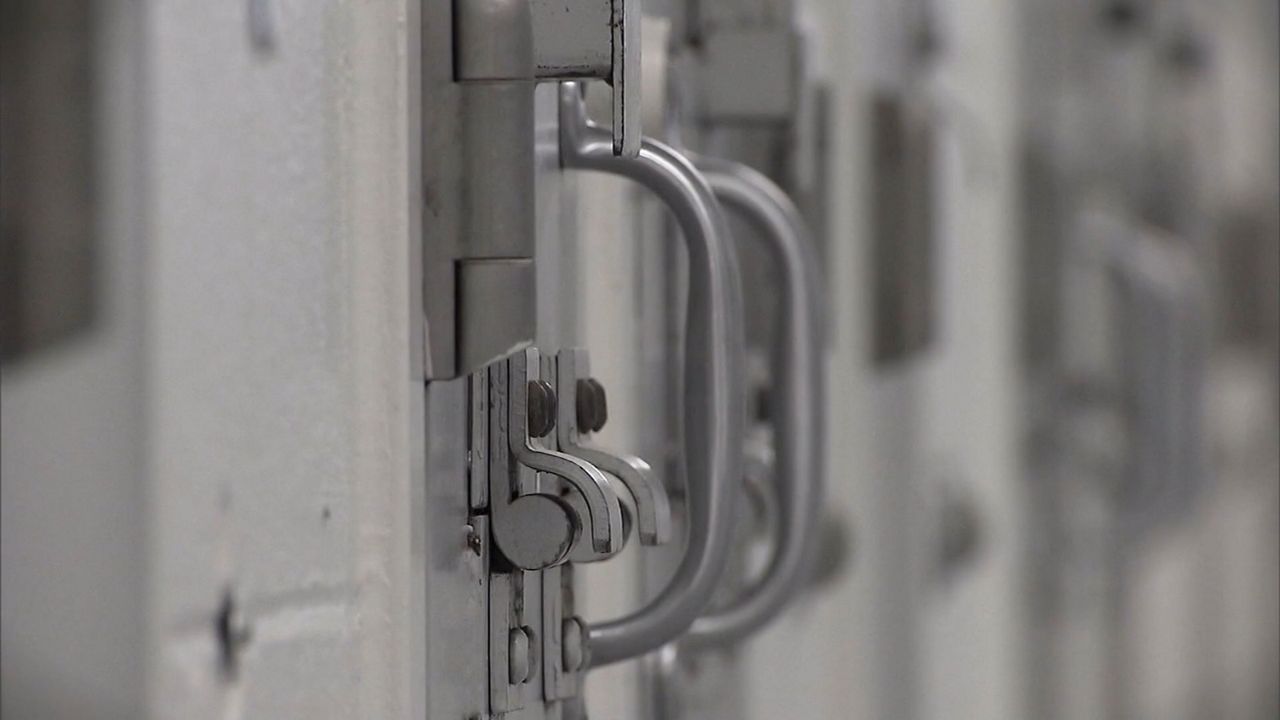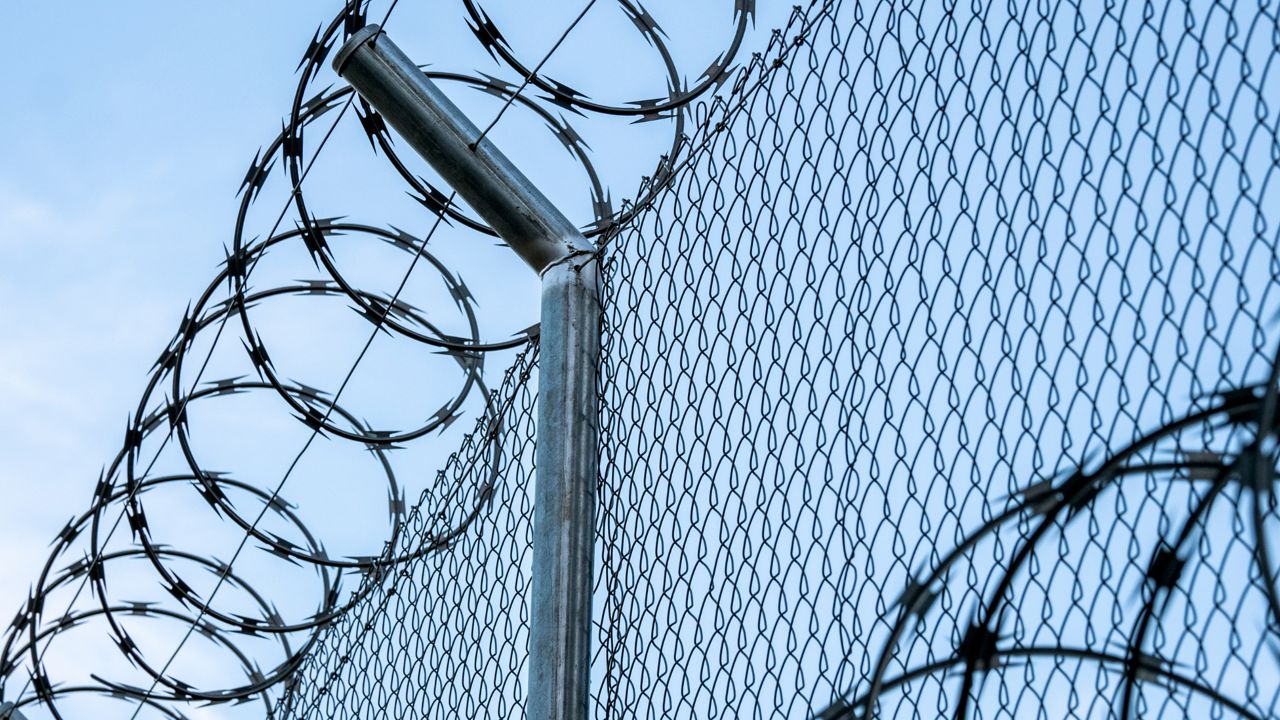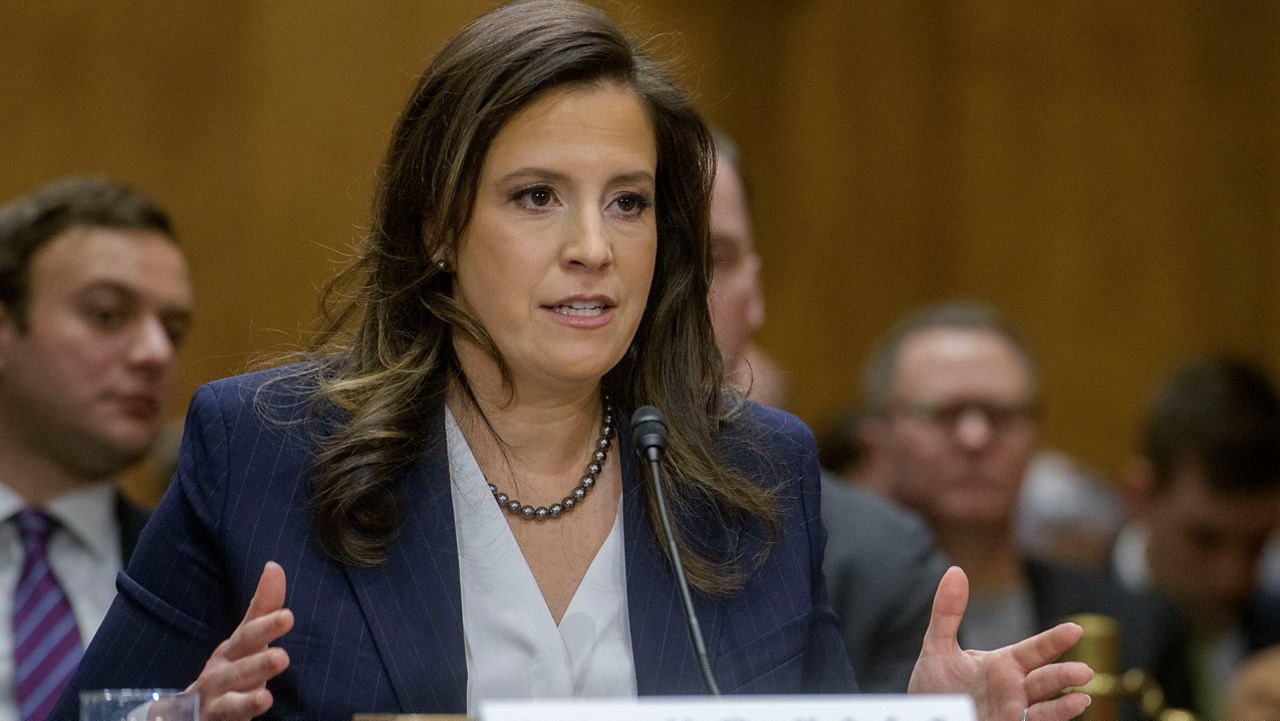Some lawmakers are pushing to eliminate court fees and surcharges and change the way New York courts can collect money that is owed.
The End Predatory Court Fees Act would target those fees along with the practice of taking money from inmate accounts to pay things like restitution.
Unsurprisingly, the bill has supporters and detractors at the State Capitol. Advocates for the bill call it a “regressive tax” that targets low income individuals and their families for crimes as small as a traffic ticket, while opponents say court fees are part of the price you pay for breaking the law.
Michelle White, member of the Center for Community Alternatives, told Spectrum News 1 her husband Tracy has spent a decade in prison for bank robbery. She said Tracy has a job, but a chunk of his wages are garnished each month to pay restitution.
Additionally, she said her own money that she sends to offset the burden and allow her husband to purchase food and other items is being garnished as well.
“It’s very expensive to support an incarcerated loved one while they’re in prison,” she said. “I send my husband a hundred dollars per month because that is what I can afford, however with the garnishment, his account only sees half of that.”
The bill’s cosponsor, Assemblymember Kenny Burgos, said ending garnishing of an inmate's personal funds to pay restitution and court fees is only part of what the bill hopes to accomplish.
It would end the practice of imposing court surcharges and fees upon conviction for crimes including traffic violations all the way up to more serious offenses. He said the practice of charging these fees began in the 1980s, emphasizing that money is now used to fund the justice system even though he argues money is spent unsuccessfully trying to collect funds from disadvantaged people who don’t have the means to pay.
“We call this predatory because we know factually the people who find themselves in the court system tend to be of lower means, we know factually that much of this goes uncollected,” he said.
Conversely, he contends the state of New York’s massive budget offers plenty of avenues to divert funds to support the court system.
“It is our estimate that between $30 to 35 million would be needed to backfill the loss of money for the court system and in the grand scheme of a $200-plus billion state budget we’re not talking about a very large amount,” he said.
Republican Assemblymember John McGowan meanwhile branded the bill par for the course in a state government that he says is intent on being soft on crime.
“It’s an additional step that New York is taking to eliminate consequences for people who commit crimes,” he said. “Court fees and surcharges are administered after conviction.”
He argued that court fees are a minor part of the punishment for significant crimes that carry prison time, and in some are part of the primary punishment for smaller ones like traffic tickets. He fears softening the burden on such offenders could lead to worse things down the road.
“Deterrence is a principle reason why we have punishment," he said. A fine and a fee would be a form of that punishment so if we eliminate that for lower level offenses then there really is no consequence for breaking the law."
Burgos emphasized that the bill would not prohibit fines and civil penalties directly tied to an individual case.
As far as budget negotiations this legislation only appears in the Senate’s one house budget, Burgos told Spectrum News 1 that is largely due to the Assembly practice of not including policy in the budget, but he is confident that it is on the table and within reach.









